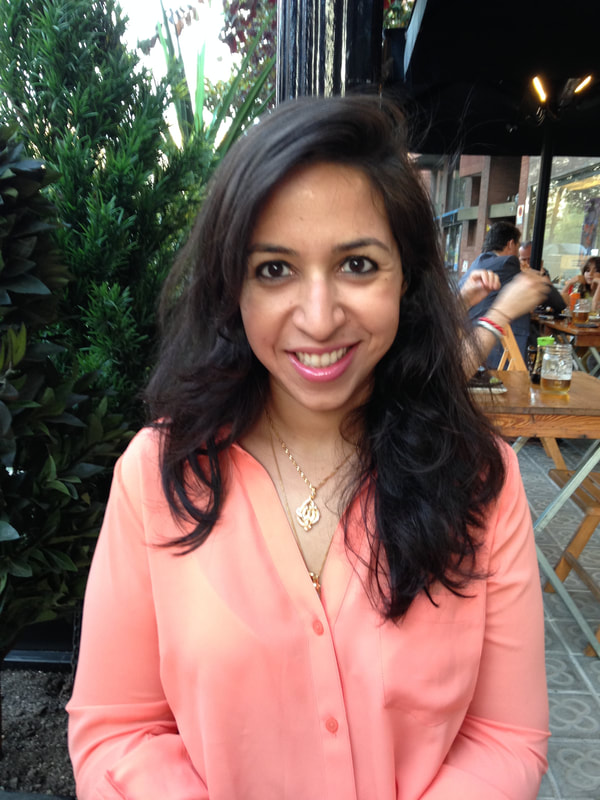International Relations Speaker Series Hosts Talk on Political Violence in Pakistan
The International Relations speaker series hosted “Under the Gun: Political Violence in Pakistan” on Wednesday, Nov. 2. The speaker, Niloufer Siddiqui, is an assistant professor of political science at the University of Albany. She presented the research from her new book of the same title as this lecture.
The speaker series is run by Harvey Picker Professor of International Relations Fred Chernoff. Chernoff works with the political science faculty to gather ideas for scholars partaking in research, and usually brings in two or three speakers each semester.
This event was co-hosted by Associate Professor of Political Science Dominika Koter, who had personally suggested bringing in Siddiqui.
“I was familiar with her work. Cambridge University Press asked me to be a reviewer of her book manuscript,” Koter said. “I thought it was really fascinating, so I thought that would be interesting for students as well.”
Political violence is an important topic for students to be informed about, according to Koter.
“Obviously, political violence is something that happens in many places around the world, and, you know, even happened here just very recently, so I think everyone finds it to be a scary phenomenon,” Koter said.
In the case of Pakistan, political violence has been prominent for a long period of time, Koter explained. She believes it’s important for people to understand the reasoning behind this violence, which Siddiqui covered in her talk.
“Sometimes we look at political violence, or any violence, and think that it’s not rational. It’s just people committing violent acts,” Koter said. “Political scientists have shown over the years that violence and political violence can be very strategic. It’s used to fulfill certain specific goals. That’s always something that I want students to appreciate, this instrumental use of violence and who is in the role of politicians and political parties in directing that violence.”
Koter was impressed by the engagement of the students in attendance.
“In comparison to other talks over the years, I actually thought there were a lot of questions coming from students at a steady pace,” Koter said.
After the talk, Koter said that Saddiqui was also impressed with the questions students proposed.
“She found them really relevant, and these were smart questions,” Koter said. “She really appreciated that.”
Sophomores Natalie Schonfeld and Jane Garrity both attended the talk, having heard about it from their Fundamentals of International Relations class.
“I learned a lot about the different parties in Pakistan and the violence and the different types of violence, whether it’s outsourced or direct, or alliance-based which is pretty interesting,” Schonfeld said.
Garrity was also interested in Siddiqui’s presentation and found it informative.
“I learned just about violence and elections in general, and how the rise of democracy has been joined with the rise of violence with elections,” Garrity said.
Neither of the students were informed on the topic beforehand, and came out of the talk with a new appreciation for the subject.
“I think it’s important because [in class] we talked about emerging democracies and learned about how there’s still a lot of violence and it’s still prevalent, even with the increase of democracy. It’s important to learn about it and figure out how we can possibly stop violence,” Schonfeld said.
Garrity elaborated on why she thinks it’s important to learn about political violence.
“I think it’s also easy to judge from afar, like when you hear that there’s violence and instability in another country, and then learning about the specifics within each party and within each country and why there [are] so many issues with their democracy and corruption and just knowing that there’s so much more going on behind the scenes,” Garrity said.
Koter explained why she thinks it’s beneficial for students to come to these types of events in general.
“I think it’s important for students to meet the researchers to get some insight into the research process,” Koter said. “I had a chance to talk to my students the day after the talk, and they said they really appreciated learning more about who is doing this type of research, what are the dangers, the constraints, and to actually hear it from a human being.”

Ellie Weber is a senior from New York, N.Y., concentrating in political science. She has previously served as a staff writer for the News section and News...






